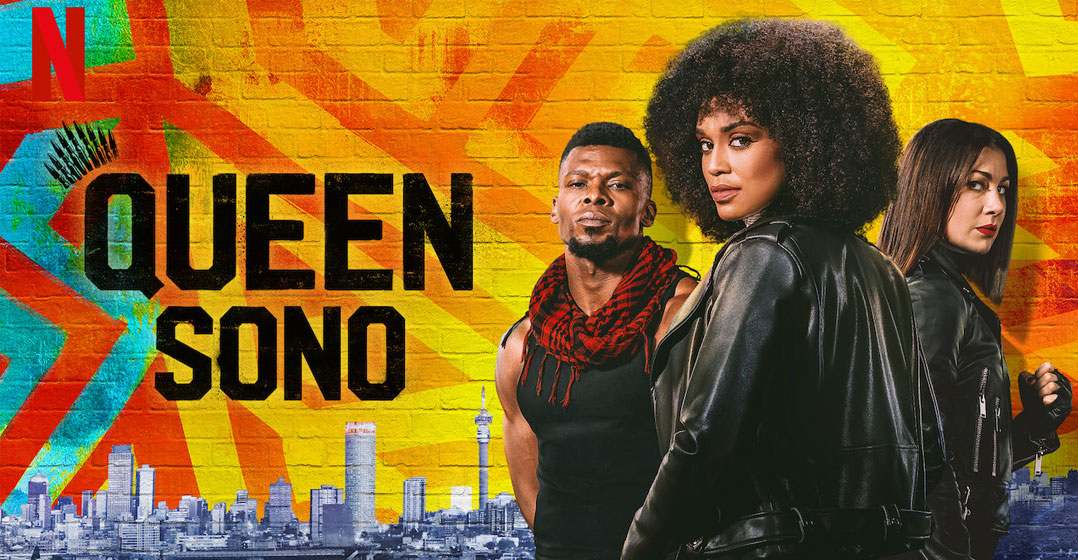 Netflix sees the opening of new crime-drama series Queen Sono as the first of many original African TV series that will win the US giant a bigger slice of a market still dominated by satellite TV.
Netflix sees the opening of new crime-drama series Queen Sono as the first of many original African TV series that will win the US giant a bigger slice of a market still dominated by satellite TV.
The tale of a South African secret agent seeking to uncover the truth behind the death of her freedom-fighter mother will be followed by a Zambian animation series, a Cape Town-set mystery thriller and an as-yet-untitled Nigerian production. They’ve all been commissioned by Dorothy Ghettuba, a Kenyan producer hired by Netflix last year to seek out content from the continent of more than a billion people.
“We are diving all in when it comes to Africa — we are not just dipping our toes,” Ghettuba said in an interview in Johannesburg ahead of a glitzy premiere to mark the launch of Queen Sono a week ago. “Africans like to see themselves on screen, and Africa has a big population that wants to see their stories represented.”
While Netflix already provides financing for locally produced content in other parts of the world, it’s been slower to target Africa. The continent is only just getting the Internet speeds and affordable data prices needed to convince viewers to switch from traditional television at a rate that makes the investment viable. Revenue generated by African subscription video-on-demand services was US$183-million last year, yet is expected to increase seven-fold to more than $1-billion by 2025, according to a report by Digital TV Research.
Netflix’s chief rival is Showmax, owned by South African pay-TV giant MultiChoice Group, while Amazon.com has a small presence in the region, the report shows. Disney+ is expected to launch in Africa in 2022.
Success
The potential market for series starring African characters was hinted at by the success of the movie Black Panther, made by Walt Disney’s Marvel Studios, which broke box office records across the continent after its release two years ago, according to entertainment news site Deadline.
Showmax already produces as many as 5 000 hours of local African content every year, which it uses to attract customers, and is available as a standalone product or as a benefit of subscribing to MultiChoice’s premium TV packages.
“The volume of local content watched over the last eight months is up something like 40%, so we’ve seen a real impact,” said Niclas Ekdahl, CEO of MultiChoice’s Connected Video division, which oversees Showmax.
Showmax has the further advantage of showing sporting content, which it can access via the extensive broadcasting rights held by sister service DStv. Streaming of last year’s Rugby World Cup final — which South Africa won — was a major success, Ekdahl said, and the company is “experimenting and trying out new things and figuring out how African consumers interact with sports online”.
Netflix began the path toward producing African content by making a version of its core service available on the continent in 2016, before building a commissioning team led by Ghettuba. Born and raised in Kenya, she studied at Andrews University in Michigan and lived in Canada before starting her own production company in Nairobi.
“We are not allocating a specific budget to the continent — we look at stories, and we provide the financing that a certain production needs to tell the best story,” she said. For example, Queen Sono was shot in 35 locations including in Zanzibar, Nigeria and South Africa, which required substantial financing.
The more operators that are producing local content, the better, Ghettuba said, in reference to competition from Showmax and others.
“As you create more platforms, the industry grows — and that is what is important. And we are ready to tell more good stories, with kick-ass characters.” — Reported by Loni Prinsloo and Roxanne Henderson, (c) 2020 Bloomberg LP




